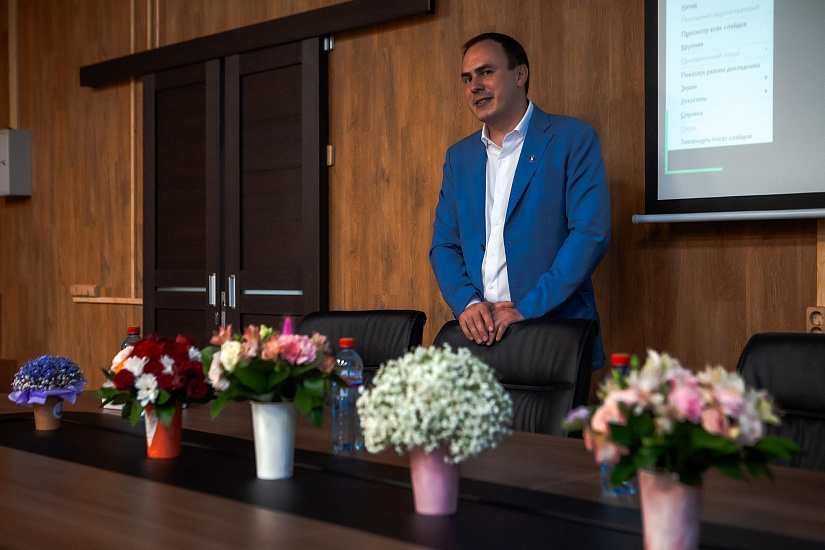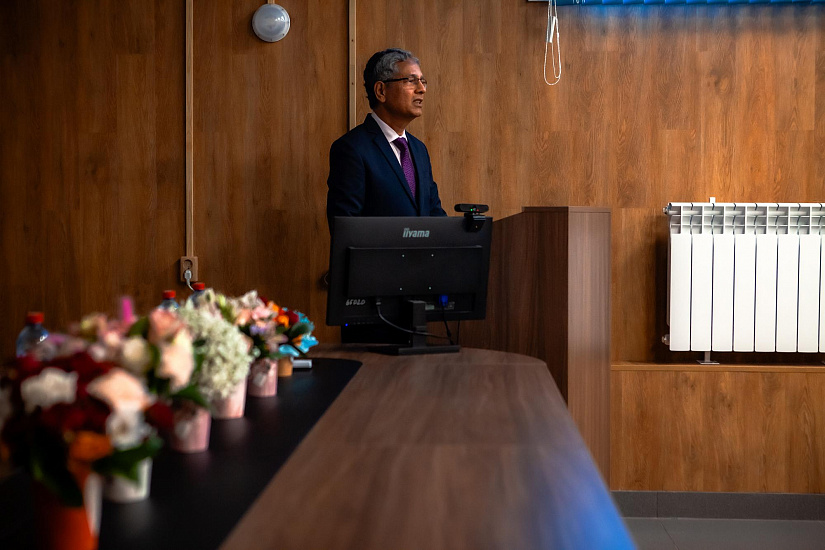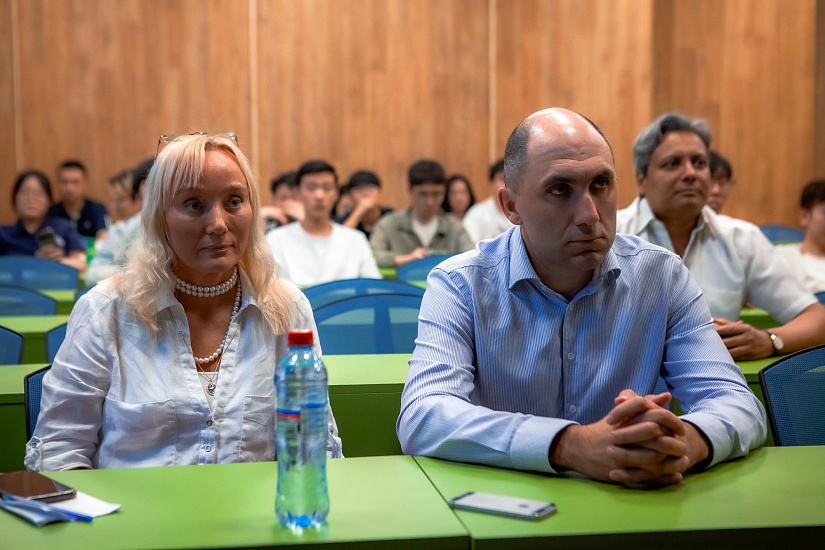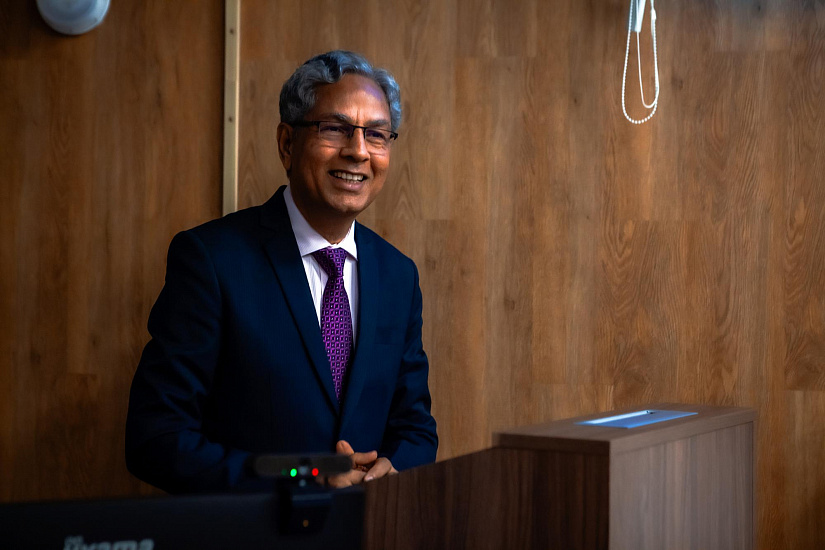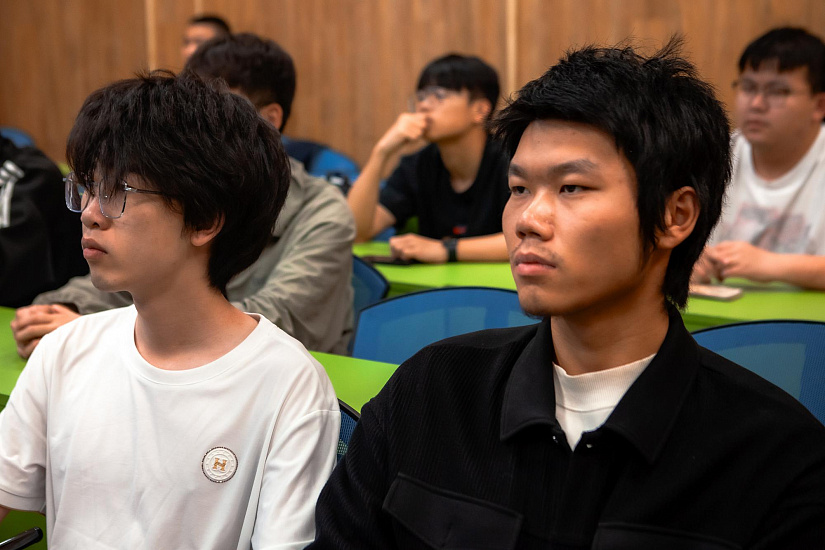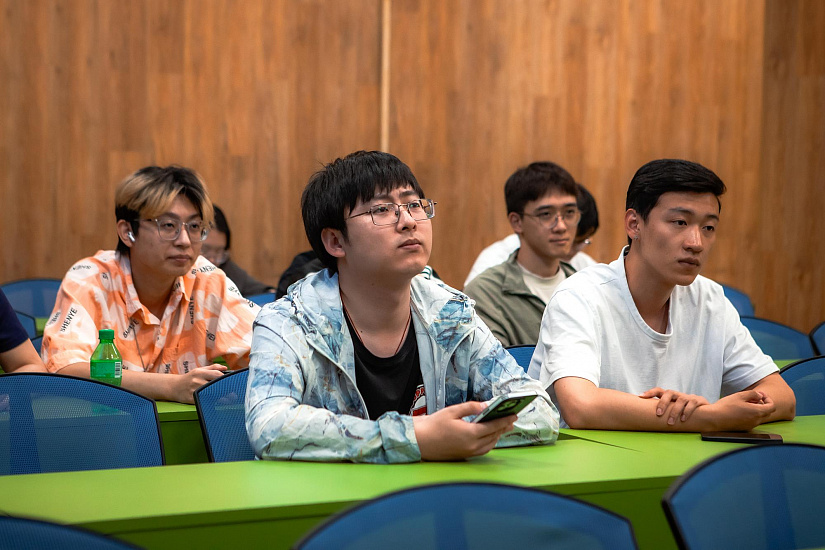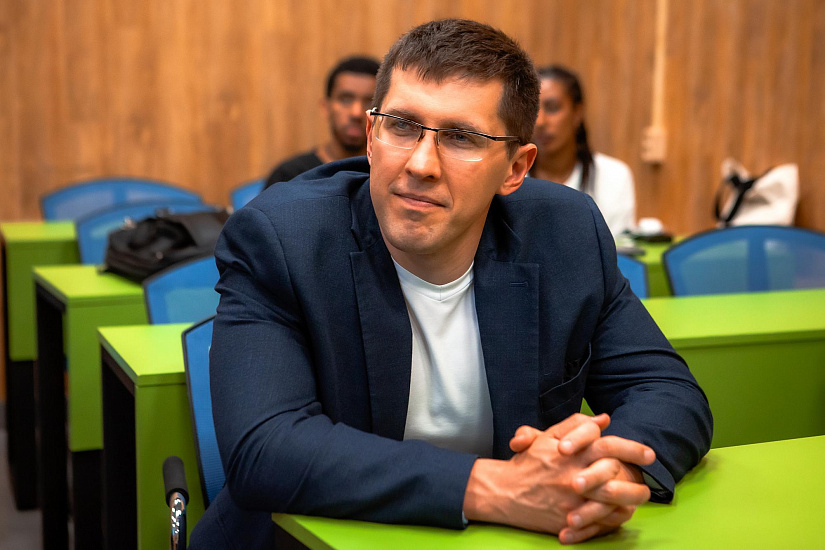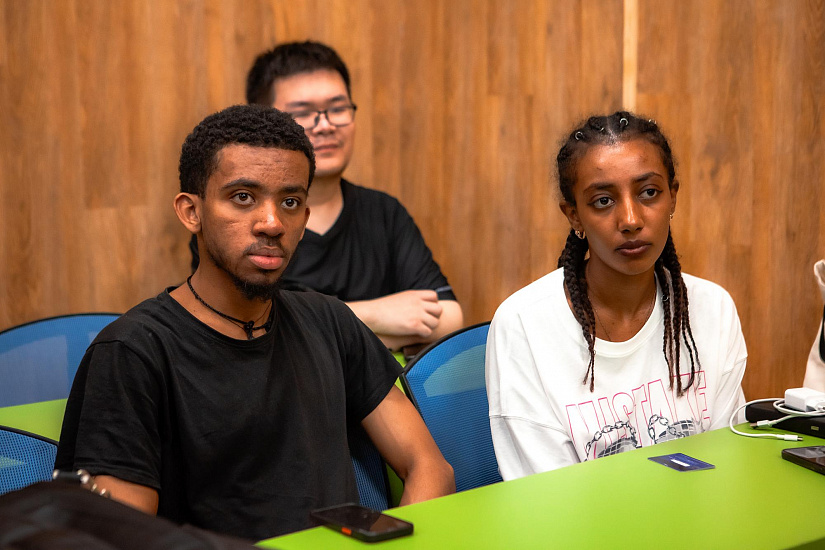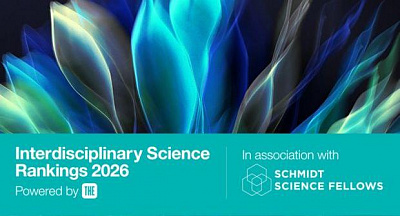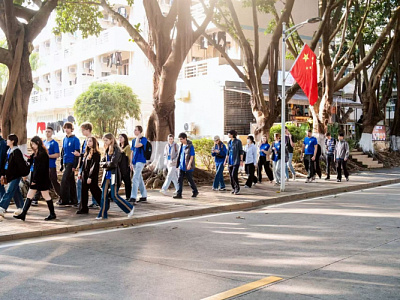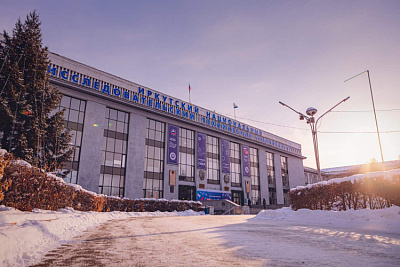AI and the Future of Education in BRICS Countries Discussed at INRTU
The Baikal School of BRICS at INRTU organized an International Conference "Artificial Intelligence and the Future of Education in BRICS Countries" on June 25-26. Scientists from Russia, India, China, Brazil, and South Africa showed great interest in the event.
Stepan Bykov, Vice-Rector for International Affairs at INRTU, emphasized the significance of this prestigious event:
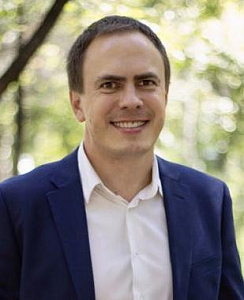
"Our conference was actively supported by educators from BRICS countries. Irkutsk Technical University has teachers from Iran, graduate students from Ethiopia, and students from Egypt—countries that joined this respected international group in 2024.
We hope that the conference will become an annual event, allowing our countries to outline common ways for mutually beneficial partnerships and ensuring financial and social stability.
In today's world, BRICS countries are among the most rapidly developing ones. They are very interested in quality education and increasing labor productivity. Today, this is impossible without artificial intelligence. That's why it was important for us to organize an International Conference at the intersection of these key topics. I welcome our guests and thank them for participating."
The scientific forum at INRTU was supported by Professor Swaran Singh from Jawaharlal Nehru University (India, New Delhi). He gave lectures on the Prospects of Development of Cooperation between BRICS Countries: Russia, India and China and Organization of Scientific Research and International Cooperation.
Introducing the Indian colleague, Anna Kireenko, Director of the Baikal School of BRICS, noted that Professor Swaran Singh specializes in international relations and cooperation among BRICS countries. He works at the School of International Studies and the Center for International Politics, Organization, and Disarmament.
Professor Ekaterina Afanasyeva from Tomsk State University of Control Systems and Radioelectronics prepared a report dedicated to the Generative AI and Interactive Learning Methods: Game Design for Enhancing Higher Education Opportunities.
Dr. Moleboheng Malekoa Mohlele-Ramulumo from the University of South Africa, working in the Department of Education in Science and Technology, focused on forming scientific prospects. She talked about the impact of STEM education and AI-driven digital games on children's scientific abilities.
Dr. Iroha George Chikwado from the Wits Business School (Johannesburg, South Africa) presented on the impact of technological innovations on higher education institutions in South Africa.
Dutch scientist Emanuel Zeferino from the University of Twente presented a paper on the Artificial Intelligence as a Catalyst for Knowledge Dissemination.
Issues related to AI and the future of adult education were discussed by Morakinyo Akintola from the University of South Africa.
Conference participant Natalia Bezerra Mota from Brazil addressed the topic of monitoring speech development using natural language processing (impact on education). She teaches at the Institute of Psychiatry at the Federal University of Rio de Janeiro.
The reports attracted great interest from teachers and students of INRTU, Baikal State University, and Irkutsk State University.
